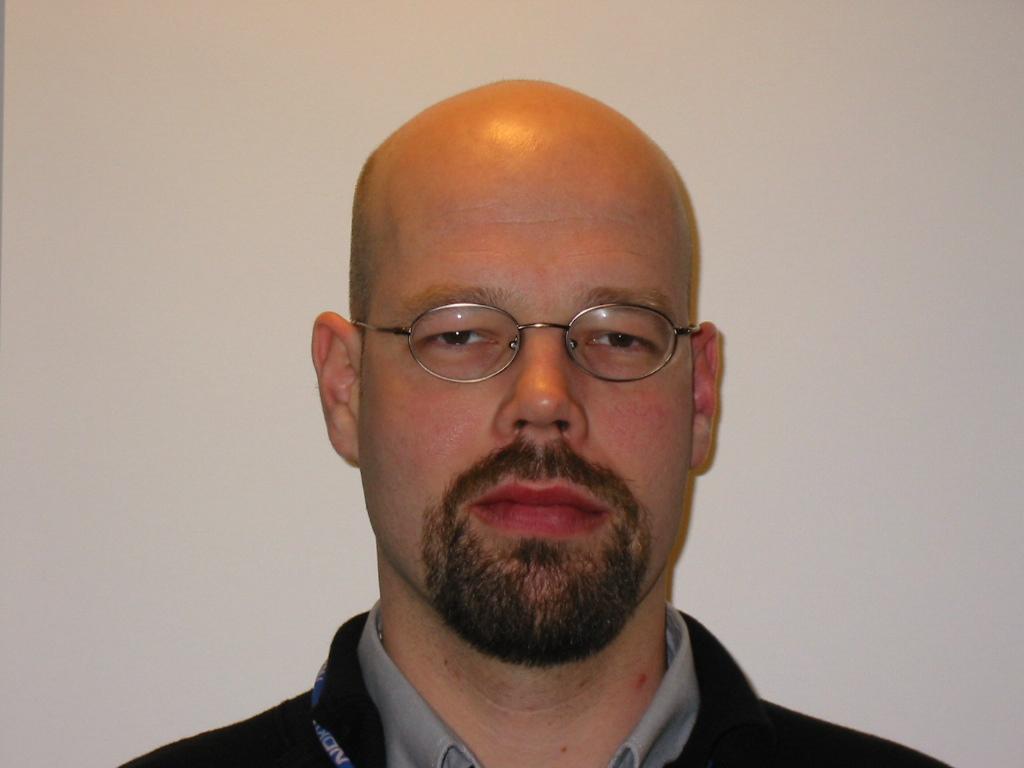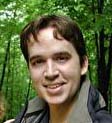ROUND TABLE:
Standard/Enterprise Edition EC
Elected By John Bacon
 Mikko Kolehmainen, Nokia Networks
Mikko Kolehmainen, Nokia Networks
Nokia Networks, which has been a member of the J2ME committee, now joins the
J2EE panel. The representative is Mikko Kolehmainen, Nokia's Global
Competence Area Manager for Software Architectures.
"My goal is to be able to
bring the Nokia's telecom expertise to the benefit of Java community,"
Kolehmainen says. Nokia is a major player not only in the field of terminal
devices, but also in the area of connectivity in the Mobile Information
Society. Kolehmainen says that Java technology will be playing a key role in
the development of 3G services.
"As we are moving towards a mobile
information society, the role of Java will
be significant in telecom networks. Enhancing J2EE server platforms may one
day form an important part of a single network element," Kolehmainen says.
"Therefore, the
possibility for contributing to the JCP is of great importance to Nokia
Networks, especially as Nokia is committed to open mobile architectures."
Kolehmainen says that expectations of expansion next year will probably
increase activities in all Java technology areas and the number
of JSR's. "In the short
term, the issue of visibility as an executive committee member is important
here. And if you know in which direction the technology is developing, it is
easier to commit to it," Kolehmainin said. "In the long term, the integral
openness of JCP creates room for innovativeness and new business
opportunities."
 Sean Neville, Macromedia
Sean Neville, Macromedia
Macromedia, which sought seats on both ECs, won one on the SE/EE committee.
The representative is Sean Neville. He is the architect of the JRun app
server, and currently sits on a
number of J2EE-related expert groups. JRUN is a compliant application server
that ties Macromedia to hundreds of thousands of users and 100,000 customers.
Neville says that builders of web and networked applications need and deserve
a stronger voice in the development of the core technologies that they
employ. The Java Community Process opens the development of new technologies
to everyone, but many of those actively participating in the process focus
upon engineering needs and assume skill specialization that the majority of
web application builders might not share. Macromedia, he says, feels
passionately that powerful,
moving technology need not be complex to use and create.
"Participating at
the JCP Executive Committee level provides us with an open, standards-based
means of extending this vision accompanied by the voices of application
builders deeper into the world of J2EE," Neville says. "In the process, we
hope to further
democratize, simplify, and extend the J2SE/EE platforms."
Neville stresses that the standards and specifications produced through
the JCP program are affected by issues such as the cost of maintaining and
growing software over time, costs associated with platform interoperability
and changes in interoperability
requirements over time, and costs associated with the skill sets necessary
to create and maintain long-lived business applications.
"As a result of
giving
these issues critical priority and insisting upon realizing them in
specifications, the JCP ensures the long-term viability of -- and therefore
the wisdom of long-term investment in -- the Java technology of today even
as it safely grows into the Java technology of tomorrow," he says.
Macromedia, he says, is focused on emergent technologies, demystifying them
and making them accessible to the developers, builders, and designers who can
mold them into powerful and
meaningful creations. "And as the economy improves, we are very much looking
forward to the return of creative engineering freedom and affluence that
businesses require for
the exploration of relevant, important new technologies," he says. "Freedom
affords true innovation."
Back to Introduction